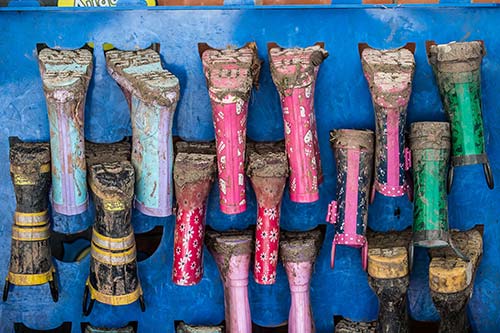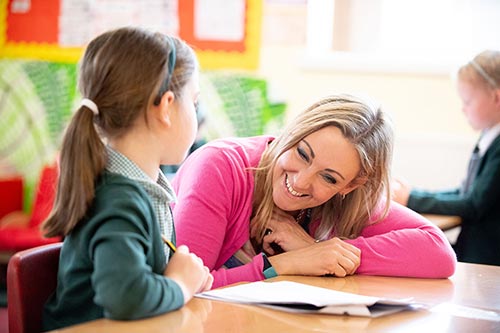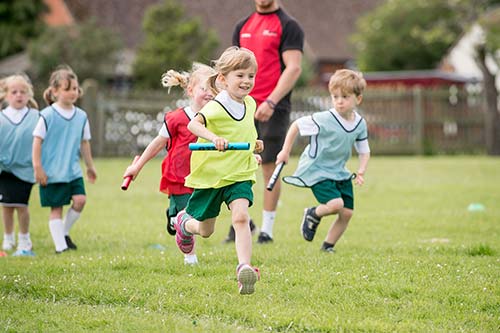FEDERATION CURRICULUM STATEMENT FOR
DESIGN TECHNOLOGY
|
INTENT |
|
We believe Design Technology prepares children to participate in a rapidly changing world. Through a high-quality Design Technology curriculum, children learn to think and intervene creatively to improve quality of life for themselves and others. In our federation, we aim for all children to look for needs, wants and opportunities and respond to these by developing a range of ideas before designing, making and evaluating their own products. Across the curriculum, children will combine practical skills with an understanding of aesthetics, social and environmental issues and functions. Through the study of Design Technology, our children will become discerning and informed users of products, as well as innovators of their own products.
|
|
IMPLEMENTATION |
|
Design and Technology is taught throughout KS1 and KS2 as a discrete subject (often blocked within a set time frame) but, where possible, we enrich the learning through links to other curriculum areas. Each area of the National Curriculum is covered through a progressive curriculum which builds skills and techniques in a carefully sequenced way. Design and Technology is taught using a skills-based scheme of work from Kapow. Design and Technology is taught half termly. Within each unit of work, children Investigate, disassemble and evaluate a range of existing, functional products. Children carry out a range of short, focused practical tasks to develop their technical knowledge and skills of structures and systems (mechanical, electrical and computerised). Children are then supported in designing a functional product to fulfil a specific brief before making and evaluating their product. This learning takes place as part of one longer or two shorter design and make assignments per term and through a range of contexts, including school, home and enterprise. Wherever possible, Design Technology projects will be enriched through the use of visits and visitors, such as a visit from a local supermarket baker before a bread making project or a trip to the MAD (Mechanical Art and Design) Museum in Stratford-upon-Avon where a project involves mechanisms. The learning in EYFS supports the NC by capitalising on children’s natural intuition to be creative, inventive and innovative by:
We use planned themes to encourage children to design, make and evaluate. For each theme we have identified the Design Technology knowledge and skills that we will teach ensuring that they are regularly revisited.
|
|
IMPACT |
|
Children’s knowledge and skills develop progressively as they move through the school and are assessed and reported to parents in the end of year report. It is important that our curriculum not only to enables children to meet the requirements of the National Curriculum, but allows them to demonstrate confidence in evaluating products in their role as consumers. Children will have gained important knowledge of design, past and present, and its impact on daily lives. Children will also see themselves as designers, creating unique and innovative products and prototypes to fulfil unmet needs; able to articulate constructive criticism of their own designs and the designs of others, using the subject-specific vocabulary developed throughout the curriculum. Individual children’s progression throughout the school will be clear in both their work in exercise books, alongside records of their design and make projects. By developing confidence in all areas of the design and technology curriculum, we aim for all children to learn how to take risks and become resourceful, innovative and enterprising citizens, able to make essential contributions to the creativity, culture, wealth and well-being of their communities.
|




